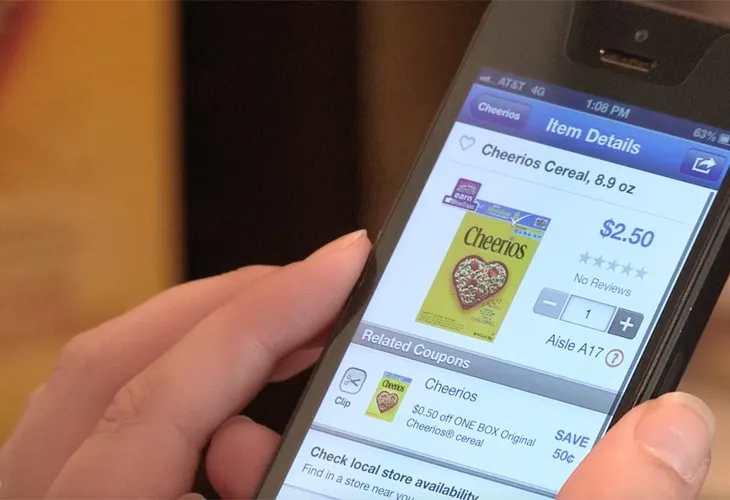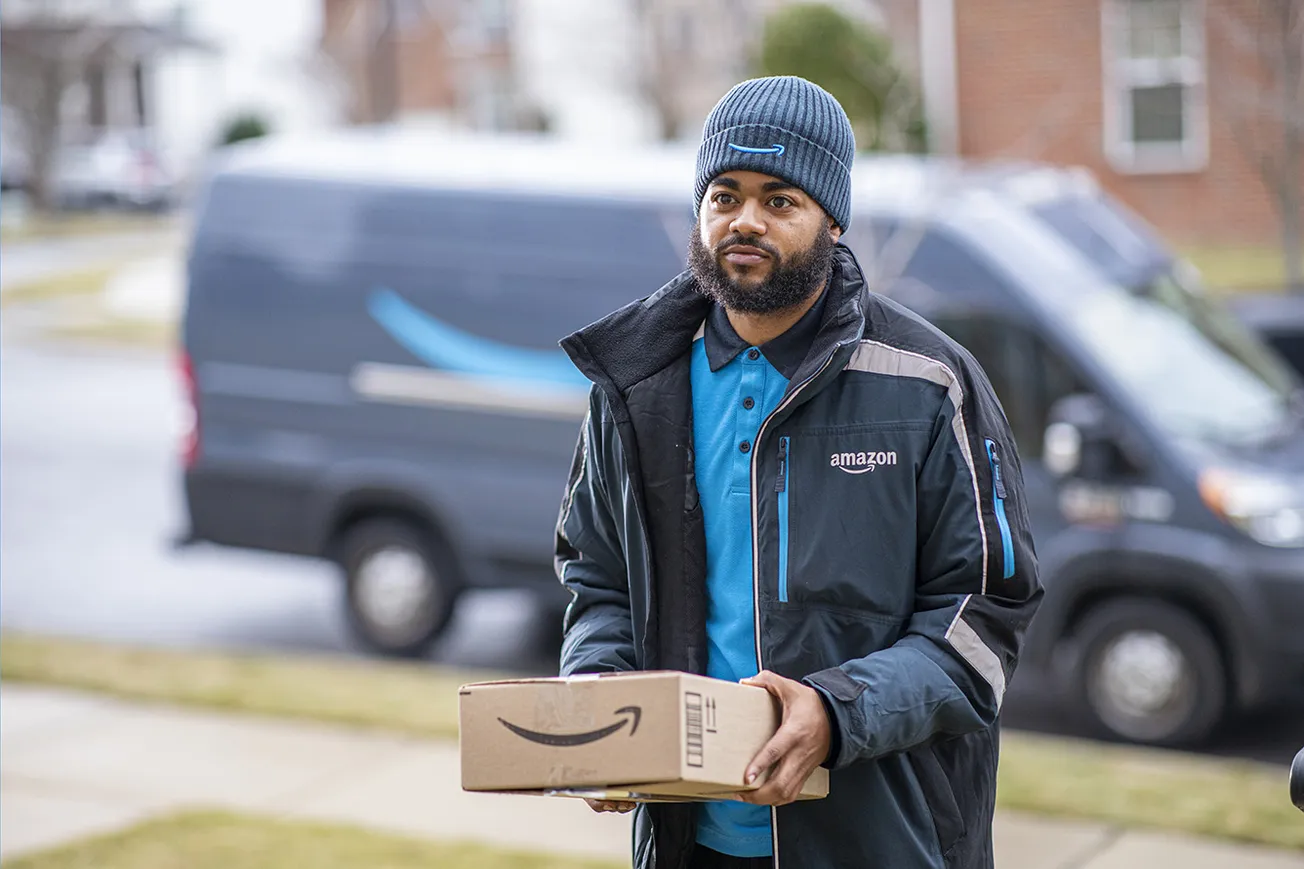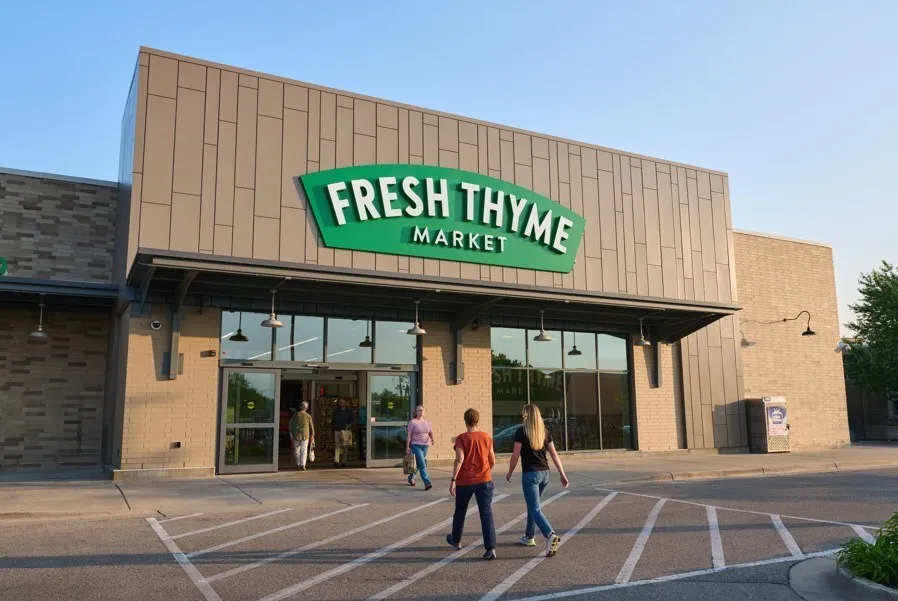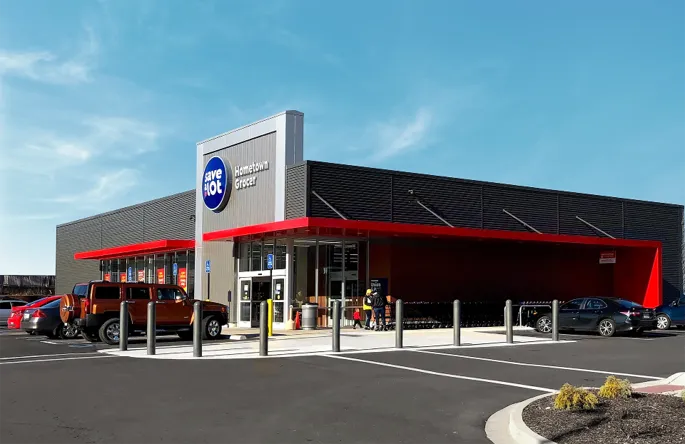NEW YORK — Online grocery outpaced overall e-commerce growth in 2021, according to two new reports out from 1010data and Coresight Research.
Coresight’s report, “Market Outlook: US Grocery Retailers — Channel Stickiness Will Persist,” attributes grocery’s outsize gains to pandemic-related restrictions and delivery services. As its title suggests, the report asserts that food-at-home spending will likely retain a portion of redirected food-away-from-home dollars for the foreseeable future, as many consumers have developed new cooking habits and a renewed appreciation for making meals at home. This habit will be bolstered by the fact that the cost of eating out is rising much faster than retail inflation, 1010data’s report finds that despite new entrants in the grocery delivery space, Instacart is the category’s most powerful growth driver, according to the report.
1010data found that Instacart grew at a 14% pace last year, exceeding the 8% year-on-year growth rate for the grocery category overall in 2021.
Researchers from 1010data calculate that Instacart was responsible for more than 50% of the grocery category’s growth last year.
Sales through Instacart’s platform accounted for share gains last year of 1% or more at supermarket chains Aldi, Publix Super Markets and Kroger, according to the report.
Some of the share gains came at the expense of warehouse clubs, including Costco and BJ’s, whose customers are more likely to browse in store for the bulk items they want. The report asserts that Instacart delivery offsets the savings that club members expect to get by buying wholesale.
1010data revealed a “slight shift” in the types of products being purchased for grocery delivery. Shelf-stable food and beverages are driving increased sales on Instacart and Shipt. But online shoppers last year made fewer purchases of perishable items and household items.
Meal kits are making a notable impact in grocery delivery. Sales of items with a mention of “meal kits” increased by 388% last year, with the lion’s share of the sales (85%) flowing through Instacart and Walmart, according to the report. High-performing meal kit brands include Lunchables, Armour Lunchmakers, and Mountain House
1010data’s report found that snack kit delivery is another growing category, with the Lunchables brand accounting for almost all of the gains. The researchers suggest the category could attract new entrants this year, potentially in combination with meal kit SKUs.
The report also examines the ongoing consumer shift toward healthier food options, with double-digit sales gains for offerings promoted as vegan, plant-based, dairy-free, and grass-fed.










